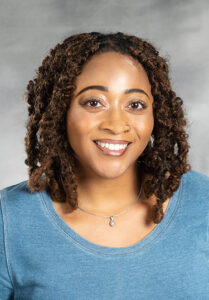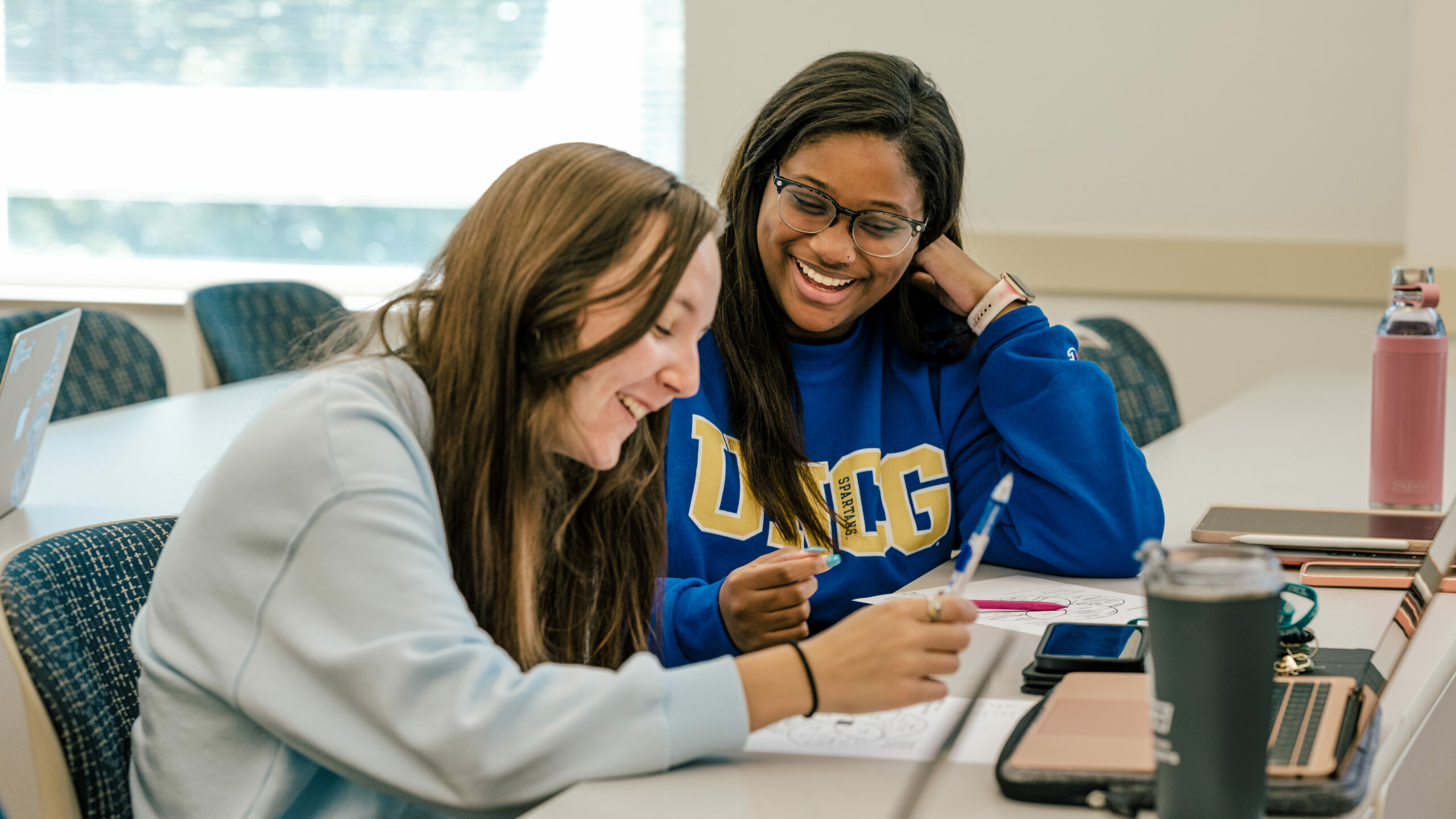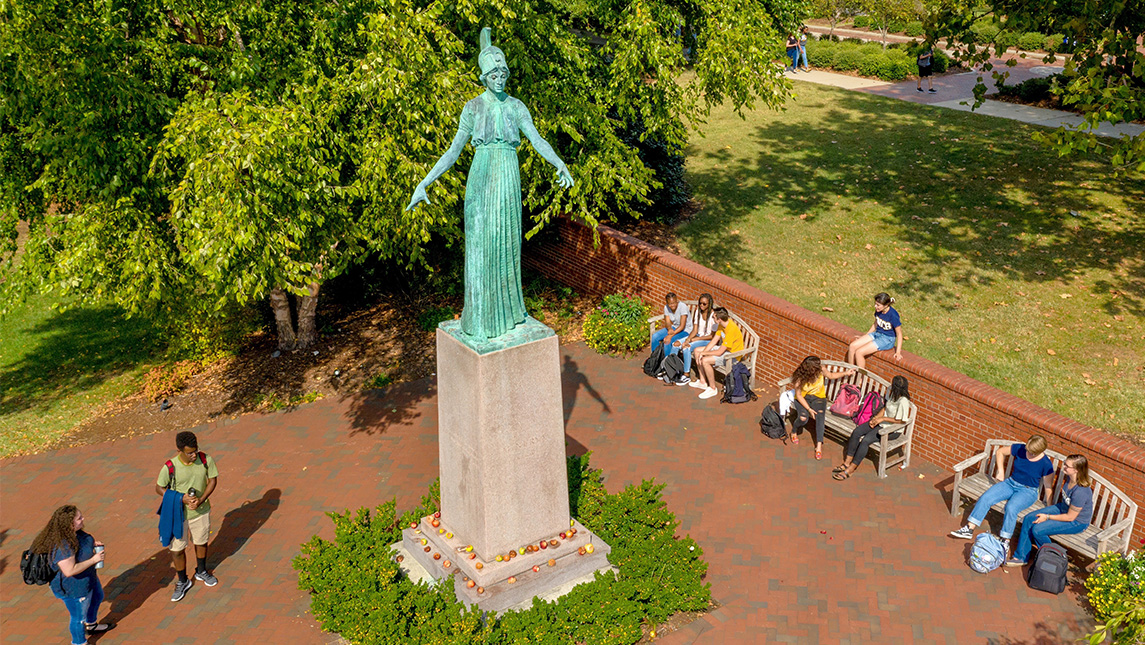Students mean more to a university than a GPA. The experiences, ideas, and cultural heritage they bring with them enrich the whole UNC Greensboro campus.
And UNCG knows that to lead a student to academic success that they can celebrate with their family, it needs to embrace the entire student.
This is why the University named Bri Welsh as the assistant director for diverse student engagement, a position within the Office of Intercultural Engagement dedicated to intervening for students who are at risk of being dismissed or are recommended to academic recovery programs.
Getting to know the student
Welsh, former coordinator of Special Projects in Housing and Residence Life, is spearheading a more holistic approach to student retention at UNCG, coordinating with different offices to ensure the physical, social, and emotional wellbeing of the student.

This includes an identity-based initiative that factors in the student’s ethnic and cultural background, their family life, and their sense of belonging on campus. Welsh coordinates with Student Success and Counseling and Psychological Services to address any issues related to health and safety.
“Written into my job description is focusing on academic success and retention for Black and Brown students,” says Welsh. “And doing programs to help retain them at the University.”
She will work with all students, from first year to seniors.
“You can look at classes, enrollment, registration, and all you’ll see are numbers,” says Welsh. “Students mean a lot more than that. When a student is failing a class, not showing up, not able to be successful, there’s a lot of other factors. And a lot of times, it can be centered around their identity. And so that is one thing to do: understand who the student is from a cultural perspective.”
She presents as an example, a first-generation student who faces a unique pressure at home to be the first in the family to succeed in higher education. Does that student have a mentor? Do they come from a background that frowns upon seeking tutoring? Do they have a professor or someone else who looks like them in their field that they can go to for support?
Conversation, not just correction
For that, Welsh says she must build rapport with each student whose name is sent to her office. After all, she says, some students who are stressed about failing may be reluctant to look at emails reminding them of their predicament, even if that email is an offer to help.
“I’m extending the olive branch and connecting the dots,” she says. “Saying, ‘Hey, I just want to talk, I just want to check in and see how you’re doing.’ A lot of times students need to feel that they are being heard.”
Students who have gone through required classes with the Students First Office and remain at risk of being suspended will be strongly encouraged to meet with Welsh or her graduate assistants. Other students will have voluntary options.
“We have students who are not on academic probation,” says Welsh. “But they still need access to resources and some ‘touch points.’ They will have the opportunity to come in and meet with me and my graduate students throughout the semester and attend some workshops.”
She is also looking at ways to compile UNCG’s many support services and resources into a form that’s easier for a student to peruse and choose what fits their needs. And she will work with their professors.
“Fortunately, my name is not new at the University,” she says. “They’re here for the student and I’m here for the student. I want to help the faculty by helping the students. So, let’s figure out how we can do this together.”
The numbers that matter to students
The N.C. Department of Public Instruction’s Office of Learning Recovery and Acceleration reported on the academic hardships for elementary and high school students in the wake of the COVID-19 pandemic, how it negatively impacted their grades in nearly every subject, and how their progression slowed.
All races and ethnicities were negatively impacted, and pre-existing disparities increased. The gaps widened between economically-disadvantaged students with other students.
The report recommended, among other things, for educators to focus their resources and targeted interventions on the content areas of highest need.
Welsh says with the new position, she will work on more concrete support systems, consolidate the University’s resources, and release more information as it’s ready to support students, faculty, advisors, and other supportive campus members.
“They need to know that you have their back,” she says, “Not just through words, but through actions.”
Story by Janet Imrick, University Communications
Photography by Grant Evan Gilliard, University Communications




